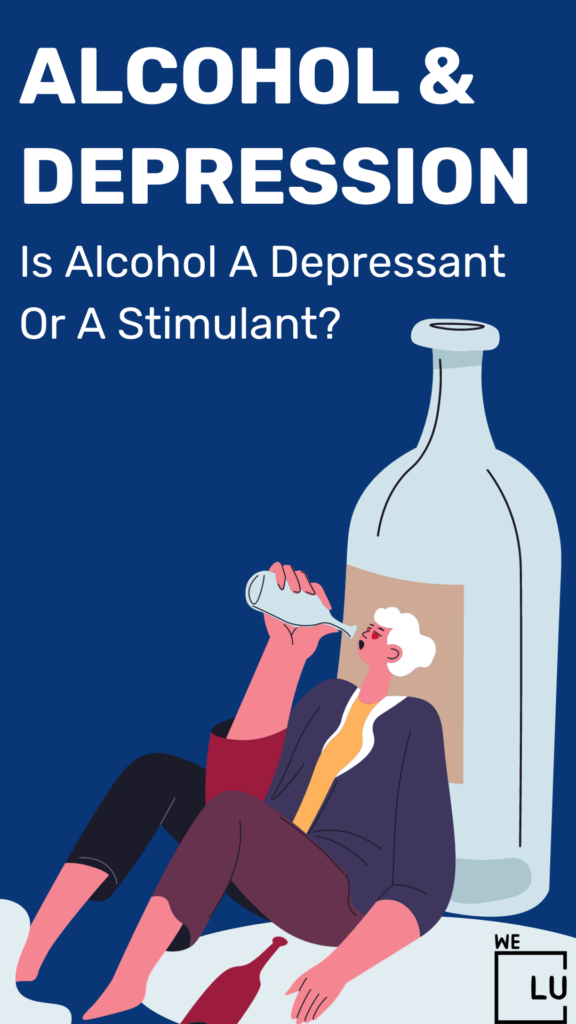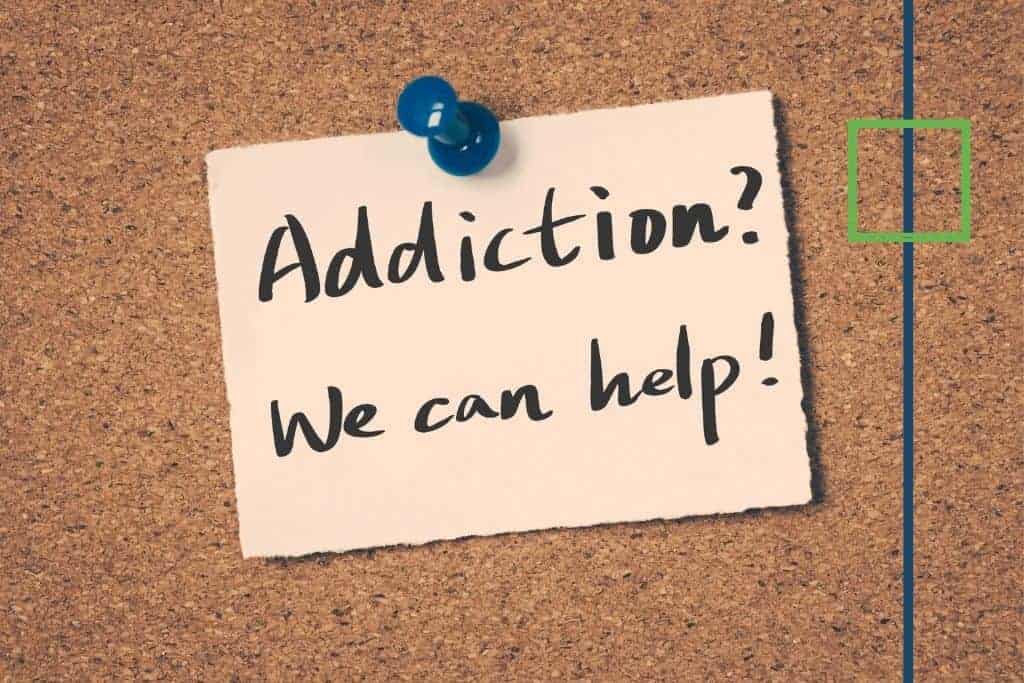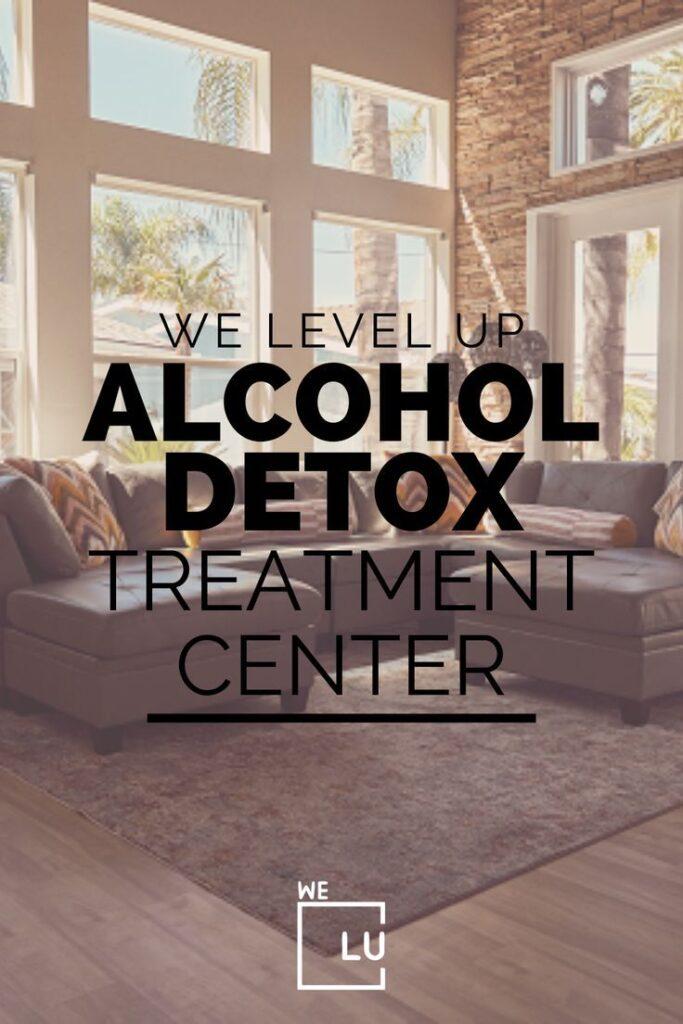Causes of Depression and Alcoholism
Approximately one-third of individuals grappling with major depressive disorder also face challenges related to alcohol consumption, and intriguingly, depression often precedes issues with alcohol. Research studies reveal that those undergoing major depression are twice as likely to initiate alcohol consumption compared to their non-depressed counterparts. Notably, women face an even greater risk, being over twice as likely to indulge in heavy drinking if they have a history of depression, with experts observing that women may lean towards overindulgence during periods of emotional distress.
Several contributing factors play a role in feeling depressed after drinking, including:
- Genetics: A family history laden with both depression and alcoholism can significantly contribute to these conditions.
- Brain Chemistry: Imbalances in brain chemicals may serve as a common link between depression and alcohol-related issues.
- Trauma: Past traumatic experiences elevate the risk of both depression and alcohol misuse.
- Stress: Elevated stress levels act as a trigger, exacerbating both depression and alcoholism.
- Social Environment: Negative surroundings and influences may play a pivotal role in the development of both depression and alcohol-related concerns.
- Dual Diagnosis: The presence of one condition heightens vulnerability to the other, creating a complex interplay.
- Coping Mechanism: Some individuals turn to alcohol as a coping mechanism for depressive feelings, inadvertently establishing a harmful cycle.
Recognizing the intricate relationship between alcohol and depression is vital, significantly, as alcohol can intensify depressive symptoms. Individuals contending with depression who engage in excessive alcohol consumption not only experience more frequent and severe depressive episodes but also face an increased likelihood of harboring suicidal thoughts. Additionally, heavy alcohol use can compromise the efficacy of antidepressant medications, further underscoring the importance of addressing these intertwined issues with a comprehensive and tailored approach. (1)
Does Alcohol Cause Depression?
Research published in JAMA Psychiatry underscores a connection between alcohol misuse and major depressive disorder. Alcohol has the potential to both induce and exacerbate depressive symptoms, particularly in individuals with a predisposition to depression. In cases where drinking catalyzes depressive feelings, the reduction or cessation of alcohol use may offer relief from symptoms. Nevertheless, studies suggest that persistent experiences of depression following alcohol consumption may contribute to the development of independent depression. This emphasizes the complex interplay between alcohol and depression, requiring nuanced and tailored interventions for effective management. (2)
What is Depression?
Experiencing occasional feelings of sadness is a normal part of the human experience, but clinical depression extends beyond transient emotional states. Major depressive disorder and other depressive conditions represent treatable mental health challenges characterized by persistent feelings of sadness or emptiness that significantly impact daily functioning. While certain risk factors are associated with depression, it’s important to note that not everyone with these factors will develop a depressive disorder.
Key risk factors for depression encompass a range of influences:
- Genetics: A familial history of depression increases susceptibility.
- Brain Chemistry: Imbalances in neurotransmitters may contribute to the onset.
- Trauma: Past traumatic experiences can serve as risk factors.
- Chronic Illness: Conditions like cardiovascular diseases, diabetes, and chronic pain elevate the likelihood of depressive symptoms.
- Substance Misuse: Drug or alcohol abuse can exacerbate or trigger depression.
- Stressful Life Events: Difficult life circumstances can heighten vulnerability.
- Personality Traits: Certain personality characteristics may make individuals more prone to depression.
- Hormonal Changes: Fluctuations in hormonal levels, particularly in women, can play a role.
- Social Isolation: Lack of social support contributes to depression risk.
- Childhood Adversity: Early-life challenges can have lasting impacts on mental health.
Understanding these risk factors is crucial for identifying and addressing potential contributors to depressive disorders. Additionally, it underscores the importance of comprehensive and individualized approaches to mental health care. (3)

Skip To:
Learn More:
- Bipolar Depression Symptoms, Causes, Effects, and Treatment
- 10 Signs You May Have Smiling Depression
- Depression Treatment, Understanding the Symptoms & Causes
- High Functioning Depression, Dual Diagnosis Treatment in TX
- Dangers of Mixing Alcohol and Ketamine, Effects, and Abuse
- Mixing Cyclobenzaprine and Alcohol Interactions and Dangers
- Mixing Tramadol and Alcohol, Effects and Dangers
- Alcohol Withdrawal Fever
- Recovering From Alcoholism
- Alcohol Poisoning Treatments
Is Alcohol A Depressant?
Is Alcohol A Stimulant Or Depressant?
Alcohol is indeed a depressant. Alcohol depressant, has the potential to disturb the equilibrium of neurotransmitters, the chemical messengers in your brain, influencing your emotions, thoughts, and behavior. Specifically, alcohol impacts the brain’s inhibitory control, leading to feelings of relaxation, reduced anxiety, and increased confidence after consumption.
Types of Depression
Major depression represents the most severe form of depressive disorder, disrupting daily life with persistent feelings of sadness and worthlessness. Statistics indicate that approximately 20-25% of adults in the United States will undergo a major depressive episode.
Various types of depression exist, each with distinct characteristics:
- Major Depressive Disorder (MDD): Marked by persistent and severe depressive symptoms significantly impacting daily functioning.
- Persistent Depressive Disorder (PDD): A chronic form of depression lasting for at least two years.
- Bipolar Disorder: Involves alternating periods of depression and mania.
- Seasonal Affective Disorder (SAD): Depression linked to seasonal changes, often occurring in winter.
- Postpartum Depression: Occurs after childbirth, affecting mothers with persistent feelings of sadness.
- Psychotic Depression: Combines severe depression with psychotic symptoms like delusions or hallucinations.
- Premenstrual Dysphoric Disorder (PMDD): Severe mood changes during the luteal phase of the menstrual cycle.
- Atypical Depression: Features mood reactivity, increased appetite, and oversleeping.
- Situational Depression: A response to specific life events or stressors.
- Treatment-Resistant Depression: Does not respond well to standard treatments.
It is advised to avoid alcohol and drugs, particularly for individuals with major depression. Alcohol can exacerbate depression symptoms, impacting brain areas that regulate mood and potentially triggering or worsening mental health issues like depression. (4)
Signs and Symptoms of Depression
To receive a diagnosis of major depressive disorder or another depressive disorder, individuals must exhibit symptoms almost every day for a minimum of two weeks. These symptoms should be sufficiently severe to cause significant stress and impair functioning in social, occupational, or other crucial areas of life.
While specific depressive disorders may display variations in symptoms, they generally share common signs. The most prevalent indications of depression include:
- Persistent Sadness: Enduring feelings of sadness for at least two consecutive weeks.
- Loss of Interest: Diminished interest or pleasure in regular activities.
- Changes in Sleep: Disturbances such as insomnia or excessive sleep.
- Changes in Appetite: Significant weight loss or gain.
- Fatigue: Ongoing lack of energy.
- Feelings of Worthlessness: A pervasive sense of worthlessness or guilt.
- Difficulty Concentrating: Challenges in focusing or making decisions.
- Agitation or Sluggishness: Restlessness or slowed movements.
- Physical Symptoms: Aches, pains, or digestive issues.
- Suicidal Thoughts: Contemplation of death or suicide.
When these symptoms persist and reach a level of severity, they may suggest the presence of a depressive disorder. Seeking professional help is crucial for an accurate diagnosis and appropriate treatment. (5)
Get Help. Get Better. Get Your Life Back.
Searching for Accredited Drug and Alcohol Rehab Centers Near You? We Level Up Texas Is Ready To Help!
Even if you have failed previously and relapsed, or are in the middle of a difficult crisis, we stand ready to support you. Our trusted behavioral health specialists will not give up on you. When you feel ready or just want someone to speak to about therapy alternatives to change your life call us. Even if we cannot assist you, we will lead you to wherever you can get support. There is no obligation. Call our network hotline today.
FREE Addiction Hotline – Call 24/7Alcohol and Depression Treatment
While the occasional social drink is generally acceptable, health considerations may restrict alcohol consumption. If reliance on alcohol becomes a daily habit or interferes with relationships, work, or overall well-being, it becomes a serious concern.
Both alcohol misuse and depression are significant issues, and if you suspect a problem, seeking advice from a doctor or therapist is essential. Treatment options often include medications for depression and prescriptions to mitigate alcohol cravings, with a combined approach for improved efficacy. Support groups like Alcoholics Anonymous or local alcohol treatment centers can provide additional assistance.
Severe cases of alcoholism and depression are treatable, and early intervention is paramount. Specialized rehabilitation facilities addressing both conditions are highly recommended, offering a safe and effective environment for individuals to transition back to daily life. These programs commonly provide aftercare recommendations to support ongoing sobriety. (6)
Level Up Treatment Texas (Referred to as We Level Up Texas) Alcohol Detox
In the process of alcohol detox, individuals may encounter withdrawal symptoms as their bodies adjust to the absence of alcohol. Common manifestations include irritability, anxiety, nausea, and sweating.
Post-cessation depression is a frequent occurrence. The brain, accustomed to the depressant effects of alcohol, may undergo chemical imbalances, leading to feelings of sadness or low mood in the early stages of sobriety.
Opening Soon! We Level Up Texas alcohol detox, staffed by experienced medical professionals, offers a secure and supportive environment. Employing evidence-based protocols, we manage these symptoms and monitor overall health during the initial phase of recovery. Our approach involves guiding clients with compassion and expertise.
Recognizing the intricate relationship between alcohol dependence and depression, We Level Up alcohol detox employs a comprehensive treatment strategy. Our specialized programs not only facilitate alcohol detoxification but also address the underlying factors contributing to depression. Through personalized care and evidence-based therapies, we guide clients toward holistic healing.
Medications for Alcohol and Depression
The treatment of alcohol dependence and depression often involves the use of medications. In alcohol treatment, drugs such as Naltrexone, Acamprosate, and Disulfiram play a crucial role in reducing cravings and discouraging drinking. For depression, antidepressants are employed to alleviate symptoms and stabilize mood.
Under the supervision of healthcare professionals, these medications enhance the overall effectiveness of comprehensive treatment plans. It’s essential to recognize that medication is just one component of a broader approach, which includes therapy, support groups, and lifestyle changes. Together, these elements contribute to achieving lasting recovery and promoting mental well-being. (7)
Alcoholism and Depression Behavioral Therapies
Psychotherapies play a crucial role in the comprehensive treatment of alcohol dependence and depression, offering valuable insights and coping strategies to support lasting recovery and mental well-being.
- Cognitive-Behavioral Therapy (CBT): Focuses on identifying and changing negative thought patterns and behaviors associated with both alcohol use and depression.
- Motivational Enhancement Therapy (MET): Aims to enhance motivation and commitment to change by exploring and resolving ambivalence towards both alcohol use and depressive symptoms.
- Dialectical Behavior Therapy (DBT): Combines cognitive-behavioral techniques with mindfulness to address emotional dysregulation, promoting healthier coping mechanisms for both alcoholism and depression.
- Interpersonal Therapy (IPT): Targets interpersonal issues and relationship difficulties, helping individuals improve communication skills and relationship patterns to address both alcohol dependence and depression.
Group therapy is a vital component of treatment, allowing individuals with similar co-occurring disorders to connect and discuss their experiences. Weekly sessions provide a platform to openly share the challenges and triumphs of addiction, with participants offering support and advice to peers facing difficulties. Aftercare programs often continue group therapy, allowing individuals to sustain their recovery efforts.
Choosing to address both alcoholism and depression is a crucial first step in regaining control. While rehab facilities can assist with addiction, it’s essential to find a program that caters to co-occurring conditions, as some specialize in addressing specific issues. (8)

Get Your Life Back
Find Hope & Recovery. Get Safe Comfortable Detox, Addiction Rehab & Dual Diagnosis High-Quality Care.
FREE Addiction Hotline – Call 24/7The Dangers of Mixing Antidepressants and Alcohol
While antidepressants are prescribed to alleviate symptoms of depression and improve mood, the concurrent use of alcohol can counteract these benefits and lead to adverse outcomes. One of the primary dangers is the potential for increased sedation and drowsiness when alcohol is combined with certain antidepressants. This heightened sedative effect can impair cognitive function, coordination, and decision-making, posing risks such as accidents and falls. (9)
Commonly prescribed classes of antidepressants include:
- SSRIs (Selective Serotonin Reuptake Inhibitors).
- SNRIs (Serotonin-Norepinephrine Reuptake Inhibitors).
- TCAs (Tricyclic Antidepressants).
- MAOIs (Monoamine Oxidase Inhibitors).
- Atypical Antidepressants.
Alcohol can interfere with the effectiveness of these antidepressant medications, diminishing their positive impact on mood stabilization. This interference may exacerbate depressive symptoms and undermine the individual’s progress in managing their mental health.
Combining alcohol and antidepressants can also contribute to more severe side effects, such as increased heart rate, blood pressure fluctuations, and liver damage. Furthermore, individuals with a history of alcohol misuse may find themselves at a higher risk of developing substance dependence when using alcohol alongside antidepressant medications. (10)

First-Class Facilities & Amenities
World-Class High-Quality Addiction & Mental Health Rehabilitation Treatment
Rehab Centers TourRenowned Addiction Centers. Serene Private Facilities. Inpatient Rehab Programs Vary.
FREE Addiction Hotline – Call 24/7Proven recovery success experience, backed by a Team with History of:
15+
Years of Unified Experience
100s
5-Star Reviews Across Our Centers
10K
Recovery Success Stories Across Our Network
- Low Patient to Therapist Ratio
- Onsite Medical Detox Center
- Comprehensive Dual-Diagnosis Treatment
- Complimentary Family & Alumni Programs
- Coaching, Recovery & Personal Development Events
Opening Soon! We Level Up Texas Treatment for Co-Occurring Depression and Alcohol Use Disorder
Uncover a path to healing with We Level Up Texas co-occurring disorder treatment for alcohol and depression. Our expert team is committed to your lasting recovery, using evidence-based therapies, medication management, and personalized counseling. In our supportive community, individuals share goals and encouragement, breaking the cycle of addiction while addressing underlying factors contributing to depression. Take the first step to a brighter, alcohol-free future with compassionate care at We Level Up Texas.
World-class, Accredited, 5-Star Reviewed, Effective Addiction & Mental Health Programs. Complete Behavioral Health Inpatient Rehab, Detox plus Co-occuring Disorders Therapy.
FREE Addiction Hotline – Call 24/7End the Addiction Pain. End the Emotional Rollercoaster. Get Your Life Back. Start Drug, Alcohol & Dual Diagnosis Mental Health Treatment Now. Get Free No-obligation Guidance by Substance Abuse Specialists Who Understand Addiction & Mental Health Recovery & Know How to Help.
Alcohol Use Disorder, Signs, Diagnosis, and Alcohol Addiction Treatment
Start a New Life
Begin with a free call to an addiction & behavioral health treatment advisor. Learn more about our dual-diagnosis programs. The We Level Up treatment center network delivers recovery programs that vary by each treatment facility. Call to learn more.
- Personalized Care
- Caring Accountable Staff
- World-class Amenities
- Licensed & Accredited
- Renowned w/ 100s 5-Star Reviews
We’ll Call You
Search We Level Up Texas Alcohol and Depression, Detox, Mental Health Topics, & Resources
Sources
- McHugh RK, Weiss RD. Alcohol Use Disorder and Depressive Disorders. Alcohol Res. 2019 Jan 1;40(1):arcr.v40.1.01. Doi: 10.35946/arcr.v40.1.01. PMID: 31649834; PMCID: PMC6799954.
- Kuria MW, Ndetei DM, Obot IS, Khasakhala LI, Bagaka BM, Mbugua MN, Kamau J. The Association between Alcohol Dependence and Depression before and after Treatment for Alcohol Dependence. ISRN Psychiatry. 2012 Jan 26;2012:482802. Doi: 10.5402/2012/482802. PMID: 23738204; PMCID: PMC3658562.
- Alsheikh AM, Elemam MO, El-Bahnasawi M. Treatment of Depression With Alcohol and Substance Dependence: A Systematic Review. Cureus. 2020 Oct 26;12(10):e11168. Doi: 10.7759/cureus.11168. PMID: 33133799; PMCID: PMC7592633.
- Find Help and Treatment – Substance Abuse and Mental Health Services Administration (SAMHSA)
- Jesse S, Bråthen G, Ferrara M, Keindl M, Ben-Menachem E, Tanasescu R, Brodtkorb E, Hillbom M, Leone MA, Ludolph AC. Alcohol withdrawal syndrome: mechanisms, manifestations, and management. Acta Neurol Scand. 2017 Jan;135(1):4-16. Doi 10.1111/ane.12671. Epub 2016 Sep 1. PMID: 27586815; PMCID: PMC6084325.
- Paton A. Alcohol in the body. BMJ. 2005 Jan 8;330(7482):85-7. Doi 10.1136/bmj.330.7482.85. PMID: 15637372; PMCID: PMC543875.
- Mixing Alcohol and Depressants May _ the Effects of Alcohol.? Rehm J. The risks associated with alcohol use and alcoholism. Alcohol Res Health. 2011;34(2):135-43. PMID: 22330211; PMCID: PMC3307043.
- Health risks and benefits of alcohol consumption. Alcohol Res Health. 2000;24(1):5-11. PMID: 11199274; PMCID: PMC6713002.
- Park JE, Ryu Y, Cho SI. The Association Between Health Changes and Cessation of Alcohol Consumption. Alcohol Alcohol. 2017 May 1;52(3):344-350. Doi 10.1093/alcalc/agw089. PMID: 28430927; PMCID: PMC5397877.
- Nehring SM, Freeman AM. Alcohol Use Disorder. [Updated 2022 Jul 31]. In: StatPearls [Internet]. Treasure Island (FL): StatPearls Publishing; 2023 Jan-. Available from: https://www.ncbi.nlm.nih.gov/books/NBK436003/







